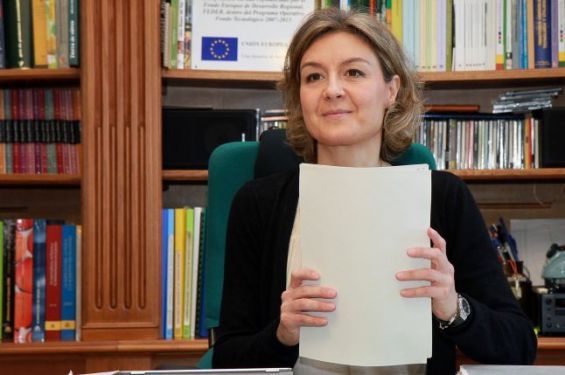The Council of the European Union (EU) adopted Monday the negotiating mandate confirming the continuation of the partnership between Morocco and the EU in the fisheries sector, a European source told MAP news agency. Hence, negotiations with Morocco to sign a new fisheries agreement covering its Atlantic waters including those of Western Sahara will be launched soon.
The Spaniards hope this goal will be achieved before July the 14th, the expiry date of the current 2014 protocol, so that their fleet «can continue fishing in the Moroccan waters» without any interruption, said Minister Isabel García Tejerina.
The decision made public on Monday was expected by the Spanish fishing sector, especially in the Canary Islands, where the survival of this segment depends entirely on its activities in the Sahara waters, but also in other EU countries.
Indeed, it is in the waters of the province that «between 93 to 95% of the catches of the EU fleet are made», estimated Javier Garat, Secretary General of the Spanish Confederation of Fisheries, one day after the 27th of February ruling issued by the Court of Justice of the European Union (CJEU).
A victory for Morocco
In the Kingdom, the Council of the European Union’s decision was well perceived. «This strengthens Morocco’s position as a sole and legitimate interlocutor» for the European Union, a diplomatic source told Yabiladi.
The Polisario has been conducting since then a diplomatic campaign trying to make Brussels negotiate a possible fishing agreement in the Sahara.
It is clear that once again the argument on which the verdict of the CJEU is based, largely in favor of the Front, as was the case of the one pronounced in February 2016 concerning the agricultural agreement, is not strong enough to affect the EU and Moroccan economic priorities.
Moroccan diplomats will now have to succeed in convincing the European Union to delete the human rights clause introduced in the decision issued on the 21st of March.





 chargement...
chargement...













